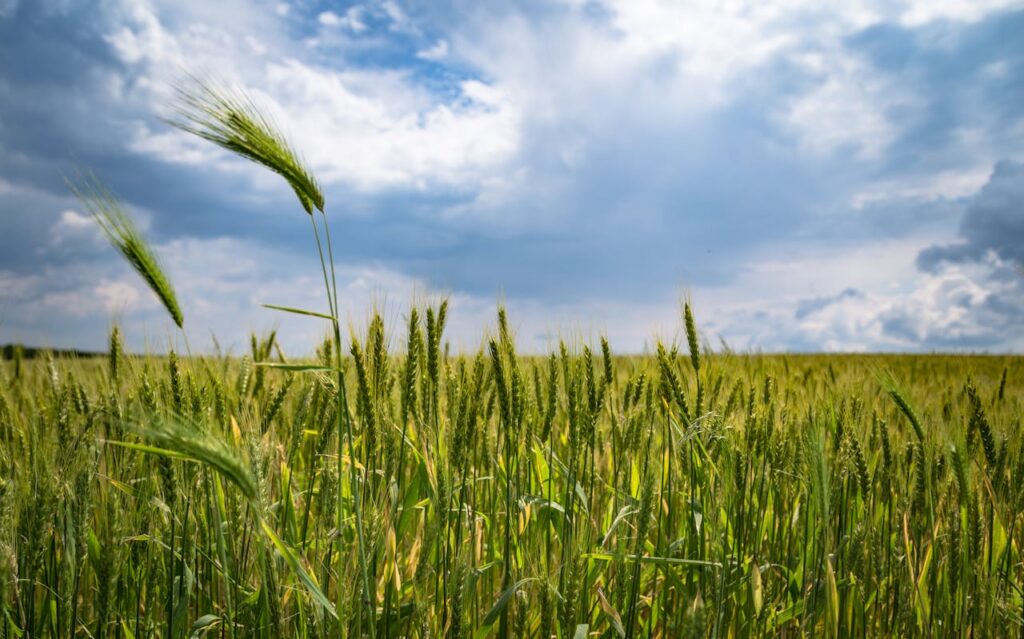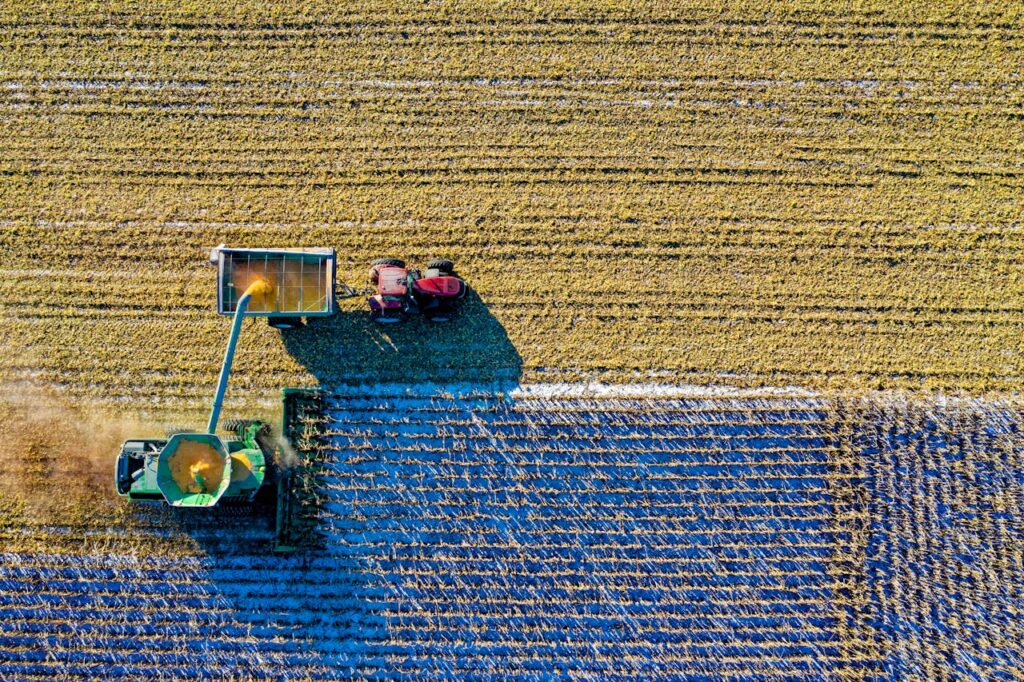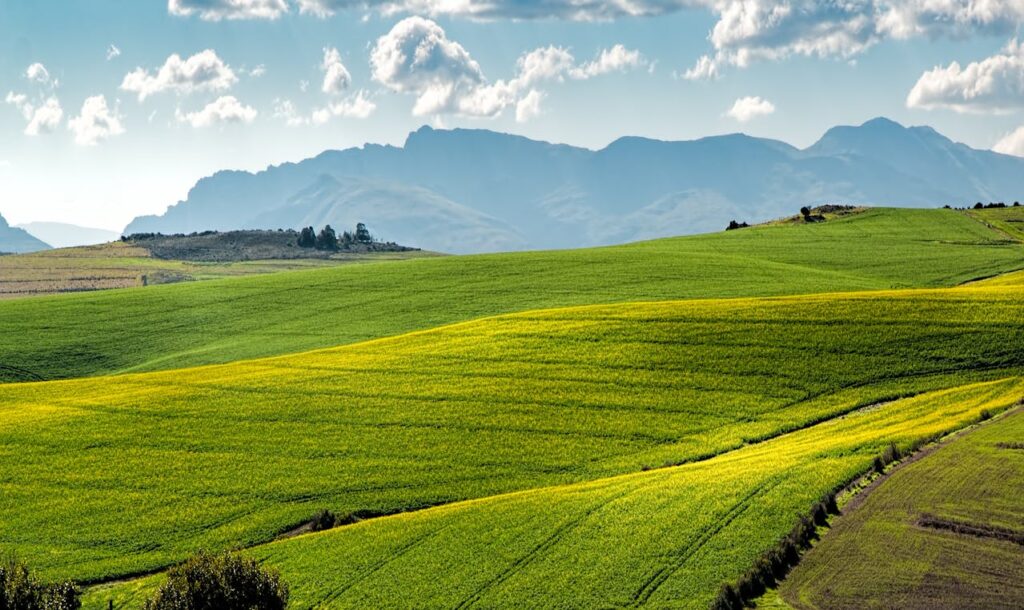Climate change is a global phenomenon with far-reaching impacts on various sectors, including agriculture. In India, where agriculture is the primary livelihood for millions of people, the effects of climate change are particularly pronounced. Rising temperatures, changing rainfall patterns, and an increase in extreme weather events pose significant challenges to farming practices. This article explores the impact of climate change on farming in India, highlighting the risks, consequences, and potential adaptive strategies for Indian farmers.

Understanding Climate Change
Climate change refers to long-term alterations in temperature, precipitation patterns, and other climatic conditions. These changes are driven by natural processes and human activities, particularly the emission of greenhouse gases from burning fossil fuels, deforestation, and industrial activities. In India, the effects of climate change are already evident, with increasing temperatures, erratic rainfall, and frequent extreme weather events such as droughts, floods, and cyclones.

Impact of Climate Change on Indian Agriculture
Temperature Rise: Increasing temperatures can adversely affect crop yields. High temperatures during critical growth stages can lead to reduced crop productivity and quality. For instance, wheat and rice, two staple crops in India, are highly sensitive to temperature changes.
Changing Rainfall Patterns: The Indian monsoon, which is crucial for agriculture, is becoming increasingly unpredictable. Erratic rainfall patterns, including delayed monsoons and heavy downpours, disrupt planting schedules, affect crop growth, and lead to waterlogging and soil erosion.
Increased Frequency of Extreme Weather Events: Climate change has led to more frequent and severe weather events such as droughts, floods, and cyclones. These events can cause widespread damage to crops, soil, and infrastructure, leading to significant economic losses for farmers.
Water Scarcity: Changes in rainfall patterns and the melting of glaciers in the Himalayas impact water availability for irrigation. Water scarcity is a critical issue in many parts of India, exacerbated by over-extraction of groundwater and inefficient irrigation practices.
Pest and Disease Outbreaks: Warmer temperatures and changing climate conditions create favorable environments for pests and diseases. This increases the vulnerability of crops to infestations, leading to higher crop losses and increased reliance on chemical pesticides.
Soil Degradation: Climate change contributes to soil degradation through erosion, loss of organic matter, and changes in soil moisture. This affects soil fertility and productivity, making it harder to maintain high crop yields.

Adaptive Strategies for Indian Farmers
Diversification of Crops: Growing a variety of crops can reduce the risk of total crop failure due to adverse weather conditions. Farmers can adopt climate-resilient crop varieties that are more tolerant to heat, drought, and flooding.
Improved Water Management: Efficient irrigation techniques such as drip and sprinkler systems can help optimize water use. Rainwater harvesting and the construction of small-scale water storage structures can also enhance water availability.
Soil Conservation Practices: Techniques such as conservation tillage, cover cropping, and organic farming can improve soil health and reduce erosion. These practices enhance soil fertility and help maintain crop productivity.
Early Warning Systems: Access to accurate weather forecasts and early warning systems can help farmers plan their activities better. Timely information on weather conditions allows farmers to take preventive measures to protect their crops.
Agroforestry and Integrated Farming Systems: Integrating trees and livestock with crops can enhance resilience to climate change. Agroforestry systems provide multiple benefits, including improved soil health, additional income sources, and increased biodiversity.
Financial and Technical Support: Government policies and programs that provide financial assistance, crop insurance, and access to credit can help farmers manage risks associated with climate change. Extension services and training programs can equip farmers with the knowledge and skills needed to adopt climate-smart practices.

Conclusion
The impact of climate change on farming in India is a pressing issue that requires urgent attention. For Indian farmers, adapting to these changes is crucial to ensure food security, protect livelihoods, and promote sustainable agriculture. By adopting climate-resilient practices, improving resource management, and leveraging government support, farmers can enhance their resilience to climate change and secure a sustainable future for Indian agriculture.
Addressing climate change impacts on farming requires a collective effort from farmers, researchers, policymakers, and the community. Through innovation, adaptation, and collaboration, Indian agriculture can overcome the challenges posed by climate change and continue to thrive in the face of an uncertain future.